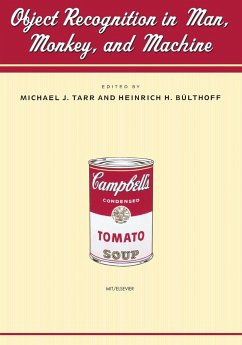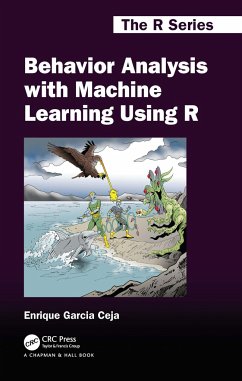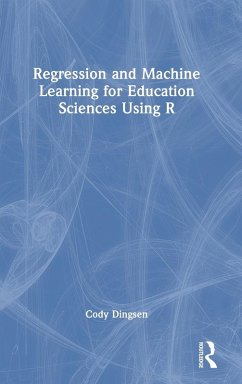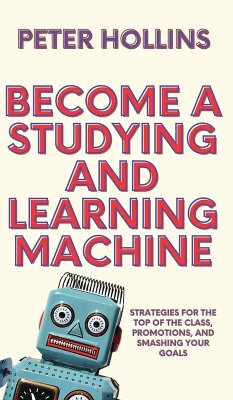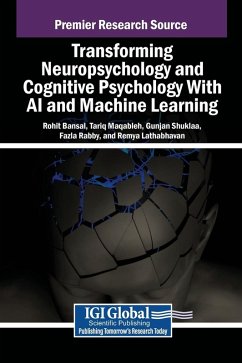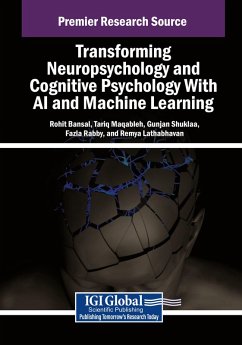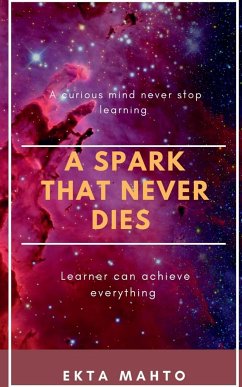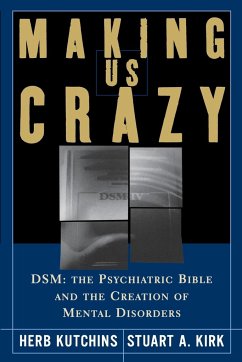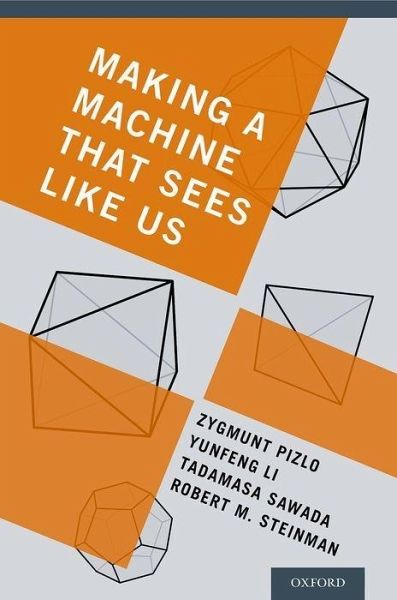
Making a Machine That Sees Like Us

PAYBACK Punkte
46 °P sammeln!
Making a Machine That Sees Like Us explains why and how our visual perceptions can provide us with an accurate representation of the external world. Along the way, it tells the story of a machine (a computational model) built by the authors that solves the computationally difficult problem of seeing the way humans do. This accomplishment required a radical paradigm shift - one that challenged preconceptions about visual perception and tested the limits of human behavior-modeling for practical application. The text balances scientific sophistication and compelling storytelling, making it access...
Making a Machine That Sees Like Us explains why and how our visual perceptions can provide us with an accurate representation of the external world. Along the way, it tells the story of a machine (a computational model) built by the authors that solves the computationally difficult problem of seeing the way humans do. This accomplishment required a radical paradigm shift - one that challenged preconceptions about visual perception and tested the limits of human behavior-modeling for practical application. The text balances scientific sophistication and compelling storytelling, making it accessible to both technical and general readers. Online demonstrations and references to the authors' previously published papers detail how the machine was developed and what drove the ideas needed to make it work. The authors contextualize their new theory of shape perception by highlighting criticisms and opposing theories, offering readers a fascinating account not only of their revolutionary results, but of the scientific process that guided the way.




